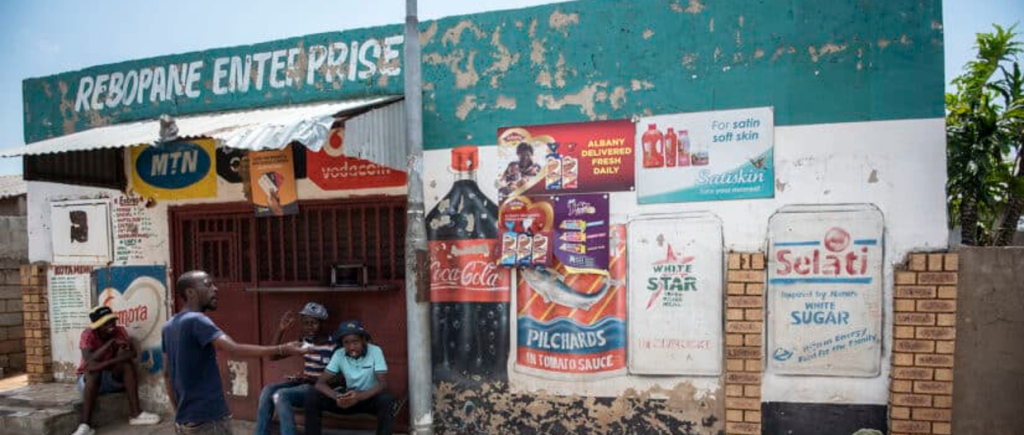Recent reports of alleged food poisoning incidents across Gauteng have sparked concern, with multiple schoolchildren reportedly hospitalized, and tragically, several losing their lives. Initial public outcry has focused on foreign-owned spaza shops, particularly those operated by immigrants from Pakistan, as potential sources of expired or unsafe food products. However, in a recent statement, the Gauteng Health Department emphasized that the exact sources of these food poisoning cases have not yet been confirmed.
According to the Gauteng Health Department, investigations are ongoing, and no conclusive evidence currently links foreign-owned spaza shops or specific food products to the recent food poisoning cases. Health officials have warned against jumping to conclusions and encouraged the public to rely on verified information. While the incidents remain under investigation, the Department is focusing on collecting samples, analyzing food products, and conducting thorough health inspections to identify any potential causes of contamination. The Department’s caution highlights the importance of waiting for official test results and thorough investigations before attributing blame to specific businesses or individuals.
Despite the Health Department’s statement, community concerns remain high, particularly as over 207 children have reportedly been affected, and multiple fatalities have been linked to suspected food contamination. As a result, some communities have chosen to restrict or ban foreign-owned spaza shops as a precaution, though this has sparked debates over whether such measures are warranted without confirmed evidence.
South Africa’s Immigration Act 13 of 2002 specifies certain requirements for foreign-owned businesses, including a minimum R5 million investment to operate in certain sectors. The Act also encourages hiring at least 60% South African nationals in foreign-owned businesses. However, enforcement of these regulations, particularly in informal trading sectors, remains challenging. The recent incidents have underscored the need for more rigorous monitoring and consistent health and safety checks across all retail sectors, regardless of ownership.
